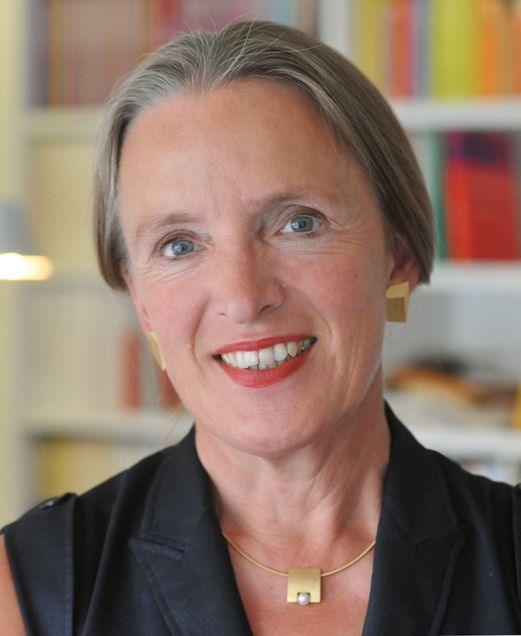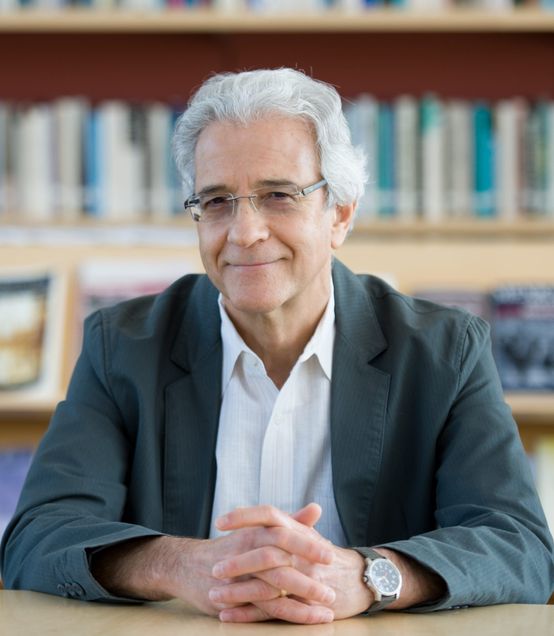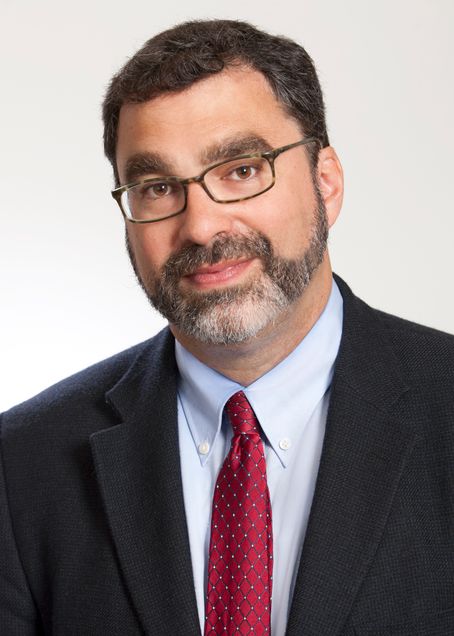October 15th: “November 9, 1938: Emotions and Emotional Politics Then and Now, and In-between” with Ute Frevert

Ute Frevert, Director of the Max Planck Institute for Human Development, explored first the emotional politics of the first state-orchestrated pogrom in Nazi Germany, and, second, the emotions it raised among Jewish and non-Jewish Germans. Dr. Frevert went on to investigate the memory culture that emerged after 1945, and concluded by putting Elie Wiesel’s 1989 warning to the test: has the memory of 1938 faded after the German reunification? And what kind of emotions (and emotional politics) have been involved in the process?
About the Speaker: Ute Frevert is Director at the Max Planck Institute for Human Development and Scientific Member of the Max Planck Society. Between 2003 and 2007 she was professor of German history at Yale University and prior to that she taught History at the Universities of Konstanz, Bielefeld and the Free University in Berlin. Her research interests include the history of the emotions, social and cultural history of modern times, gender history and political history. Ute Frevert is honorary professor at the Free University in Berlin, a member of the Berlin-Brandenburg Academy of Sciences and Humanities, the German Academy of Sciences Leopoldina, and the British Academy, and serves on several scientific boards. She was awarded the prestigious Leibniz Prize in 1998 and the Order of Merit of the Federal Republic of Germany in 2016.
October 29th: “After Kristallnacht: The Routinization of German State Violence in the East” with Dr. Omer Bartov
 Dr. Bartov, Professor of European History at Brown, linked the images we have of November 9 in Germany as the only moment in which there was open public violence against Jews, which supposedly demonstrated that many Germans preferred not to witness such events, to the kind of blatantly public violence displayed by the Germans and their helpers in Eastern Europe. He asked the audience to consider, what does this tell us about German self-perceptions, German and Jewish perceptions of “the East,” and more generally about the nature of the Holocaust?
Dr. Bartov, Professor of European History at Brown, linked the images we have of November 9 in Germany as the only moment in which there was open public violence against Jews, which supposedly demonstrated that many Germans preferred not to witness such events, to the kind of blatantly public violence displayed by the Germans and their helpers in Eastern Europe. He asked the audience to consider, what does this tell us about German self-perceptions, German and Jewish perceptions of “the East,” and more generally about the nature of the Holocaust?
Ab
November 12th: “Lessons from the Past: From Kristallnacht to the Modern Refugee Crisis” with Mark Hetfield

In 2018, the number of refugees and displaced people across the world grew to more than 65 million – more than any time in history. The moment was made all the more critical by recent Executive Orders barring refugees from the United States and the Trump administration’s reduction of the number of refugees admitted to the United States in 2018 to an unconscionably low number. On the eightieth anniversary of Kristallnacht, Mark Hetfield, President and CEO of HIAS, examined how lessons from pre-WWII Germany can inform contemporary discourse about today’s global refugee crisis.
Ab